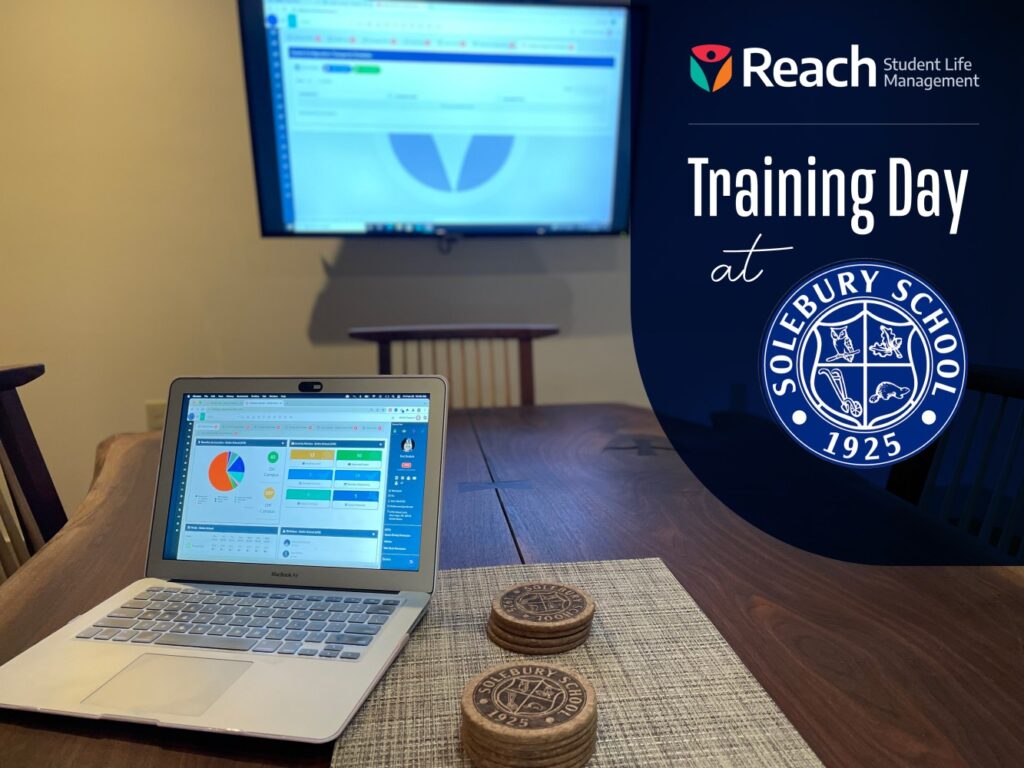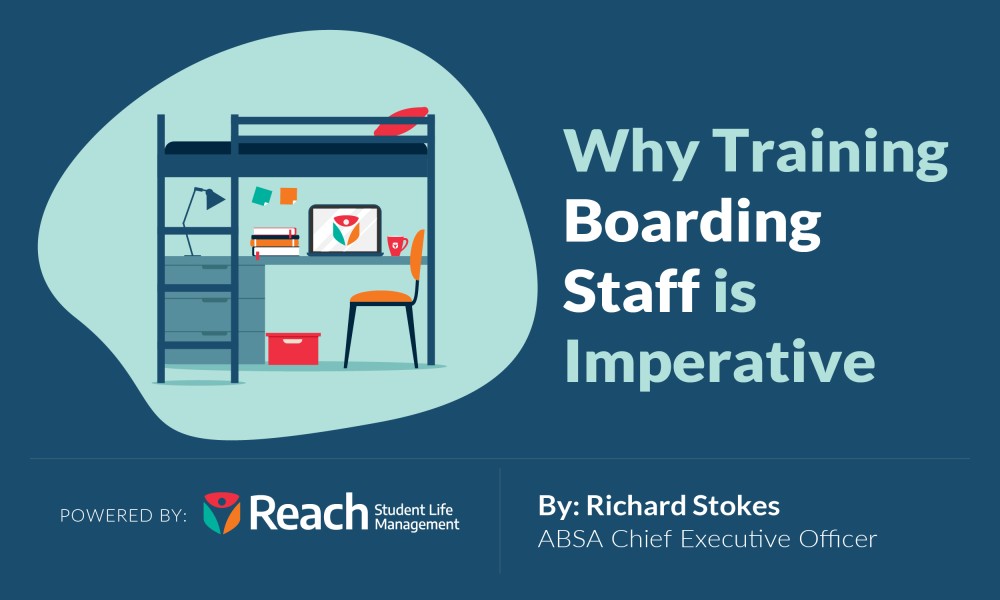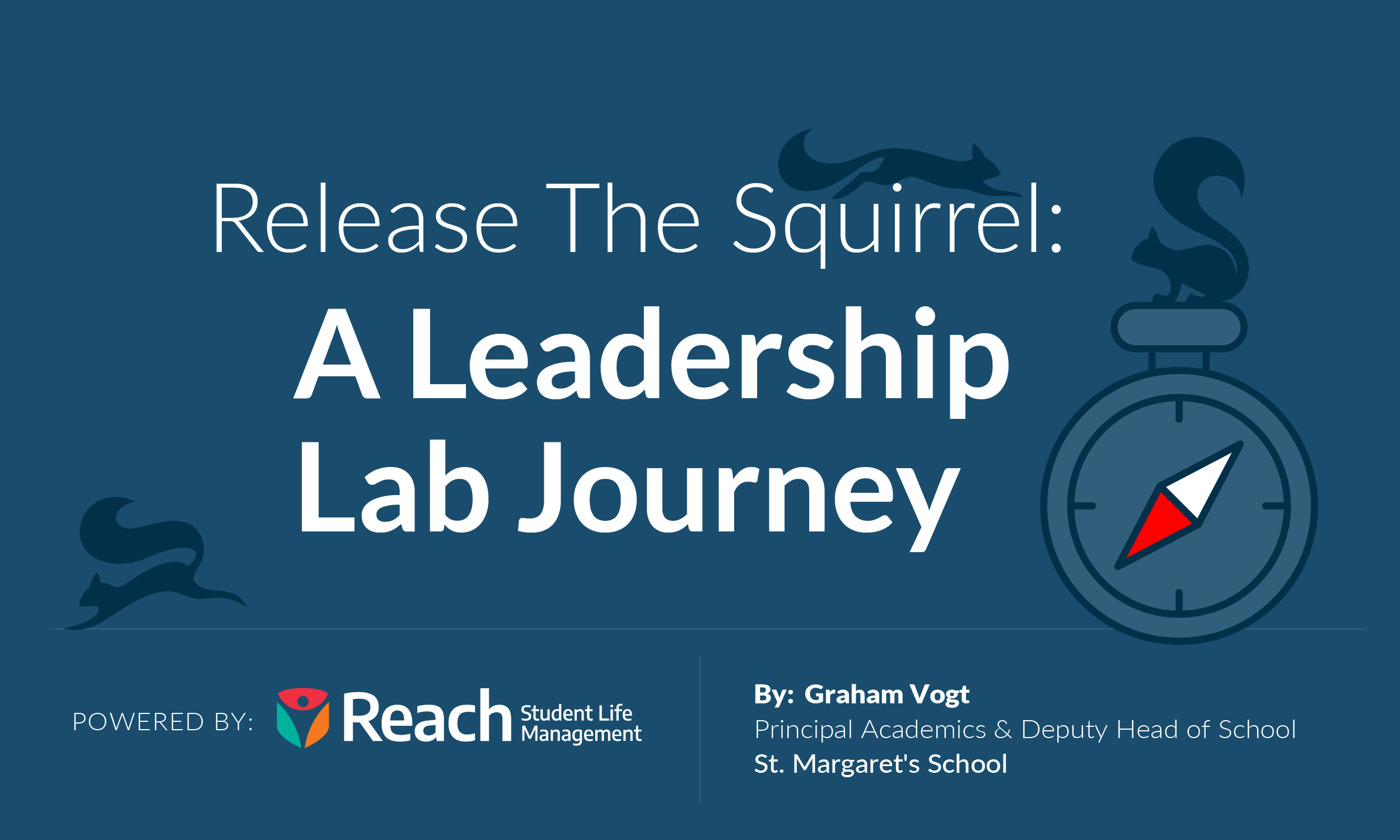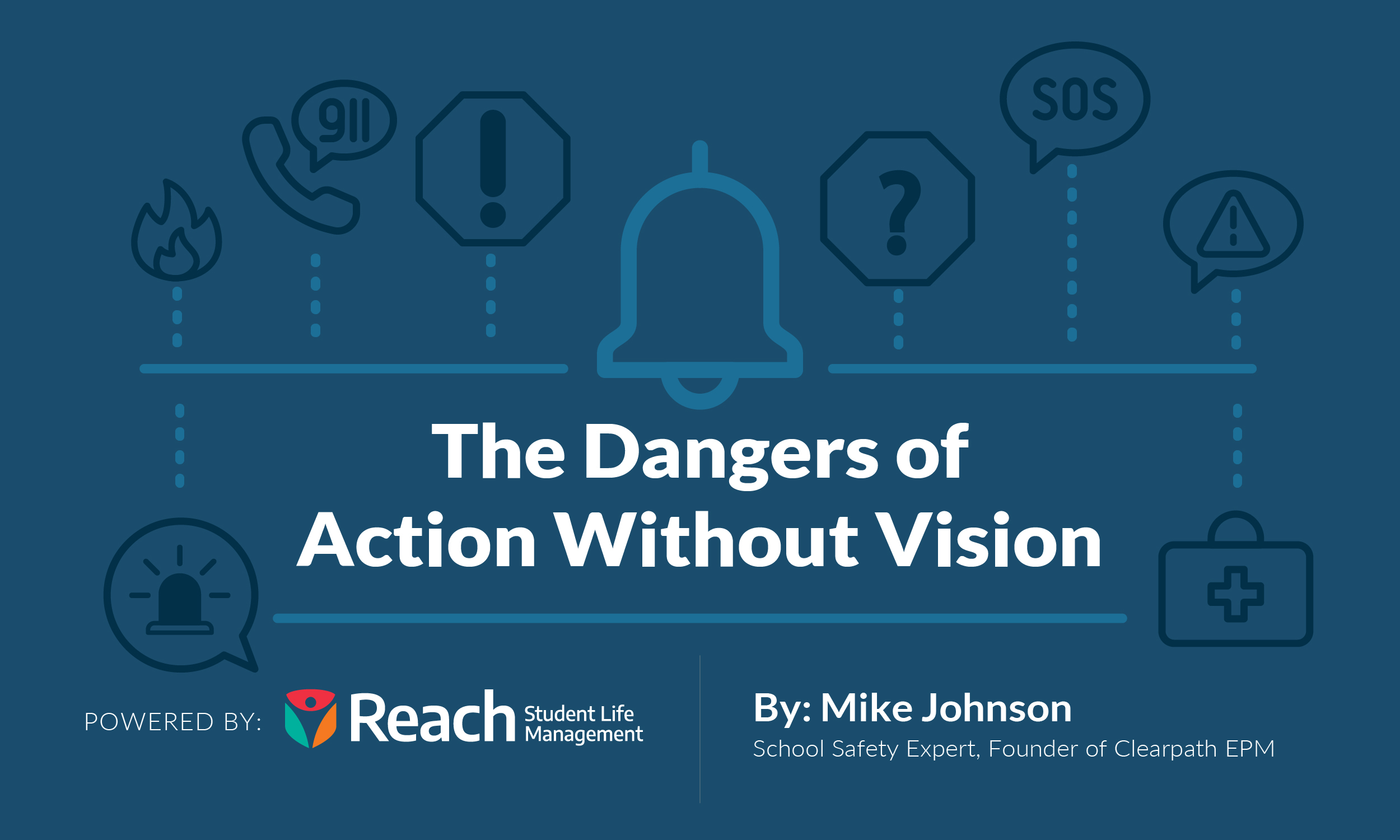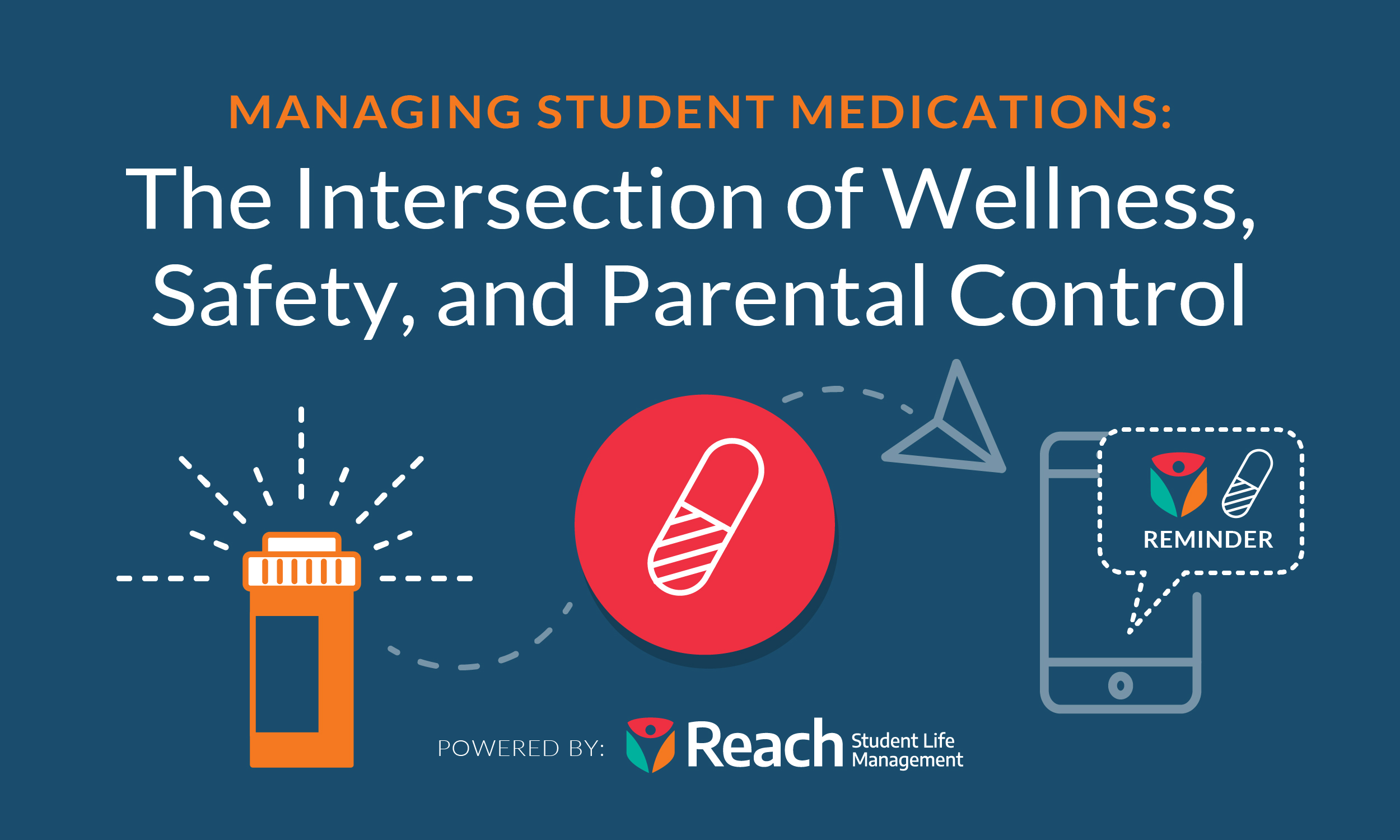On many occasions, we have been asked why we believe all boarding staff should undergo regular training. As a person who, 37 years ago, was handed a roll and told to make sure I knew where all the boarders were and then left on my own in a boarding house of 100 boys, I know firsthand how useful it would have been to be able to learn just what it was I was supposed to be doing. Whilst we do learn most about what we need to do ‘on the floor’, we can do so much more effectively if we have a theoretical base underpinning the experiential learning to precede or sits alongside of it. Then, as a leader in boarding houses for over 24 years, I have also realized how important it is for everyone to be on the same page with their learning and expectations, and it is from this framework that I believe every member of staff in a boarding house must have undergone specific training in how to look after the young people in their care – and that includes the head of the boarding house as well.
To quote the words of Tim Hawkes, author of the Duty of Care Workbooks:
“An excellent boarding school will have all staff appropriately trained. No longer is devoted amateurism acceptable within the boarding world. Workplace health and safety requirements, first aid skills, child protection legislation and a rise in litigation which sees boarding schools as lucrative legal targets, compel the boarding industry to train its staff properly.
Excellent boarding schools must not only select their staff well, but they must also provide in-service and support. It is worrying how staff appraisal is often a feature in the academic setting of a school but not always within the boarding setting. Accountability is not always popular but it is necessary if a boarding institution is going to disturb itself with the possibility of excellence.”

Every member of the boarding staff, from the Head or Director of Boarding to the casual supervisor needs to have a clearly defined and worthwhile basic level of training. It was because of this that Duty of Care – a certificate course in student residential care was written. It is intended as a base-level course that most boarding staff complete and is designed to be practical rather than academic and is written for principals, boarding coordinators, matrons, tutors, house- parents, teachers, GAP students and any others involved in the residential care of children of school age. The course is structured to contribute to the basic knowledge and skills necessary to perform boarding duties effectively.
Whilst we completely understand that cost is a consideration, ABSA has worked tirelessly to ensure this training is excellent value for money and doesn’t take staff away from their school for longer than is absolutely necessary. We believe that the investment in training staff will be rewarded tenfold, not only by having every boarding staff member working toward the same goals with looking after boarders, but also in a legal sense should anything go wrong. Boarding, along with outdoor education, are arguably the two areas with the highest risk and responsibility. Formal training to help mitigate that risk in an environment such as boarding is essential. Trained staff will become the expectation of all, are expected as part of the Australian Standard for Boarding Schools and Residences, and will ensure that a boarding house has better protection in court should a case proceed. I shudder to think of the potential cost to a school of not having their staff trained in at least the base level of Duty of Care.
ABSA believes that it goes without saying that a good boarding house ensures follow-up training and professional learning both internally and externally and that this does not just rest on the laurels of the Duty of Care course. Procedure manuals specific to each boarding house culture would go a long way to support this ongoing training and development. No longer should boarding house staff be considered an afterthought in a broader school contact – the risks are just too high.
For more information about the Training Academy with ABSA visit:
https://www.boarding.org.au/training-academy
Richard Stokes is the current Chief Executive Officer of ABSA.
He first worked in boarding in 1980 in Adelaide at Immanuel College as a full-time supervisor, and upon completing his BA and Dip Ed he moved to Brisbane in 1982. At St Peters Lutheran College he took on the role of Assistant Senior Boarding Master, and in subsequent years become co-ordinator of boarding at St Peters.
In 1996 he took on the new challenge of Dean of Residential Care at St Joseph’s Nudgee College, a boarding school of nearly 600 boys, and held that role until he retired from a direct boarding role at the end of 2005.
Richard has been involved in ABSA or its previous versions since 1985, holding positions including Treasurer, Secretary and President, and was appointed the first part-time Executive Director for the newly formed Australian Boarding Schools Association in 2007. The role became a full-time one in 2011.
Richard is happily married to Karen, and has two adult children who both enjoyed growing up in the boarding environment
Check Richard’s LinkedIn Profile
Training and Support are Within Reach
Your school staff will connect with our team in your area, who will know your school!
Reach is Regional, Responsive, and has Concierge-Level Support
Reach has numerous training resources to get new staff up and running. With support teams and developers in Canada, the United States, Australia, and England, help is never far away.
You can find support information, videos, tutorials and important setup information at support.reach.cloud. From here, you can:
- Launch support tickets
- Chat with our support team
- Find articles to a challenge
- Submit a suggestion
